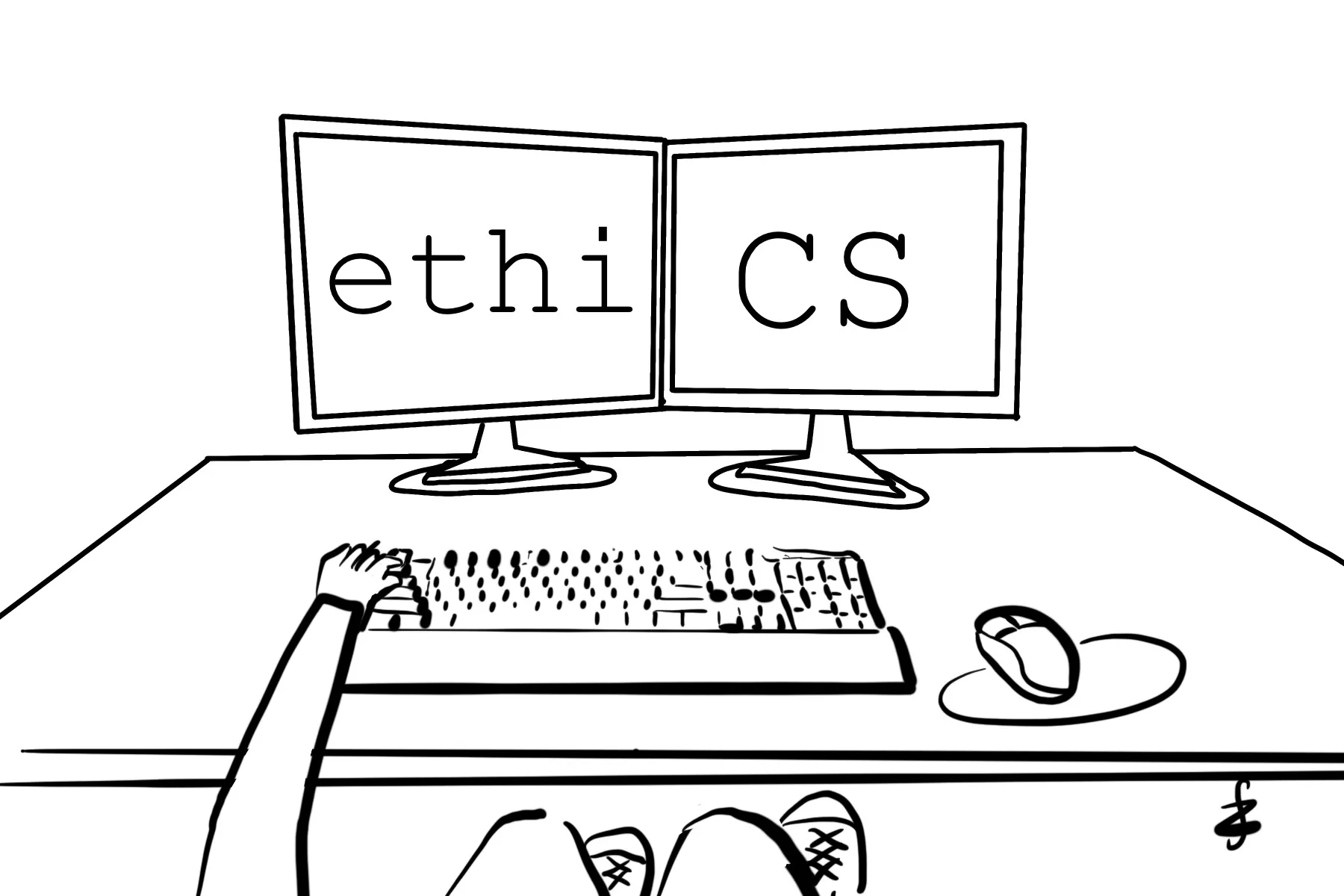Computer ethics is the study of the social impact and implications of computer technology. It includes the ethical principles related to the use of computers, software design, and data structures, among other areas. It is also concerned with professional and social responsibilities that include security, privacy, intellectual property, user safety, and accountability of computing professionals.
The term “computer ethics” was popularized by the John Weizenbaum in 1976 with his book Computer Power and Human Reason. It has since grown to encompass a wide range of topics, from the ethical implications of data security and privacy to the debate over intellectual property and patents.
Computer ethics includes a variety of topics and principles. Some of these include professional and social responsibility, which encompasses user safety, security, privacy, and intellectual property; respect for human rights and values (which includes the right to privacy and freedom of expression); and accountability of computer professionals (which includes the need for accurate and complete documentation, and the need for experts to be aware of their limits and the risks associated with the technologies they implement).
Computer ethics is an important part of the technology landscape. It is important for computer experts to understand and adhere to the principles of computer ethics in order to ensure the safety of users, protect digital assets, and foster a society based on mutual trust and respect.





